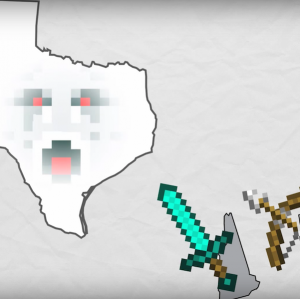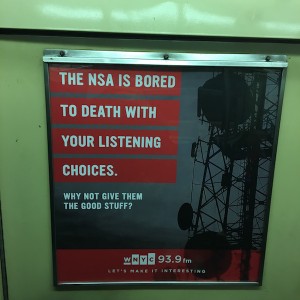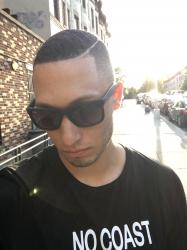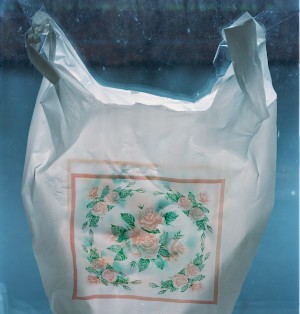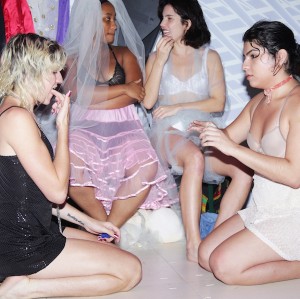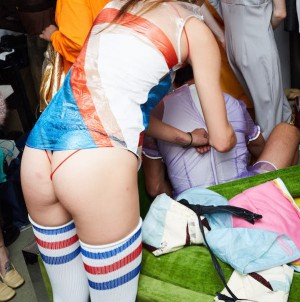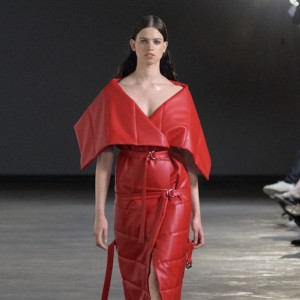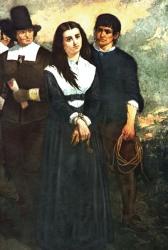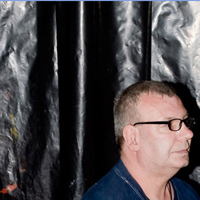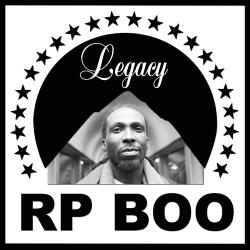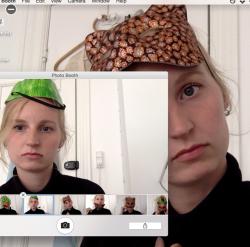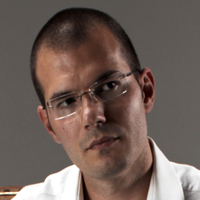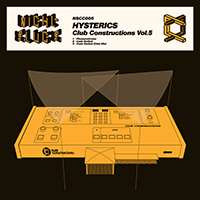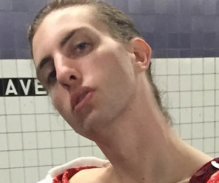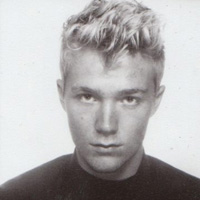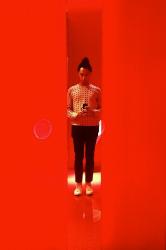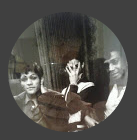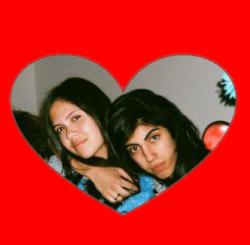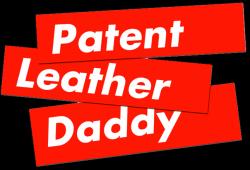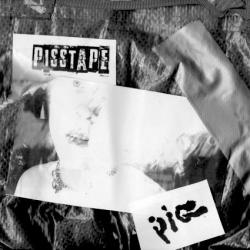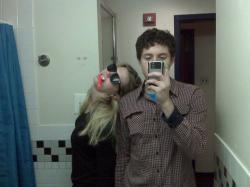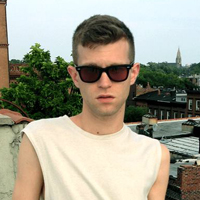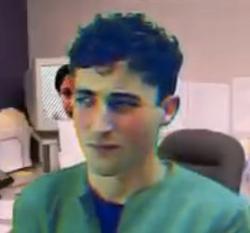Lafayette Anticipation associate curator Anna Colin talks to artist Tyler Coburn about Ergonomic Futures, a speculative project engaged with art, design, science, anthropology and writing. In this interview, Coburn discusses the research, production process and network of collaborators of a multilayered project ultimately concerned with the futures of humankind. Anna Colin: When one comes across your museum seats Ergonomic Futures (2016—) in contemporary art exhibitions—and soon in natural history, fine art, and anthropology museums—they look… [read more »]
Zachary German, The Void Of New Literary Microcelebrity, an Interview with Adam Humphreys
Shitty Youth (2012) from adam humphreys on Vimeo.
[Transcript of Erik Stinson’s (ES) interview for DIS Magazine with Adam Humphreys (AH) in Erik’s Bushwick Brooklyn basement apartment re: the new film Shitty Youth (dir. Adam) and the film’s subject, Zachary German (ZG).]
ES: I want to talk about ZG and then I want to talk about how you built him up.
AH: I didn’t build him up. He built himself.
ES: How did you first hear about ZG?
AH: I read Bear Parade [an online lit journal published by Tao Lin].
[…] [Discussion of Bear Parade, who was else was published, their work.]
AH: So they published something by ZG which was called “Eat When You Feel Sad” and uh…
ES: How long was it?
AH: It was… probably 8000 words – so a long short story but everything… I mean I don’t know if you have to read the [longer] book – it seems like you don’t even need to read it.
ES: I’ve read the book, yeah.
AH: But it’s just, it’s… I mean it’s like “Robert goes here. He thinks this. Robert walks to the grocery store. Robert calls Kelly. He leaves a voicemail.” – and so it’s like – you could read about these people’s bios in the comments section [on Bear Parade], you could leave blurbs about the books that they were publishing. Anyways, Bear Parade just seemed like a really strong way of like literature translating itself on to the Internet. It was put together really nicely. When I read that I remember thinking – not that print is dead – but that this is… this is it.
ES: That this is as compelling, if not more compelling, than print?
[Doorbell noise]
AH: Erik’s girlfriend is here.
[Erik’s girlfriend Jackie enters apartment and both greet her.]
AH: Anyways, I Googled ZG and I found out that he was 18 years old and that he had a blog. […] It was very strong. His web presence was very compelling. I didn’t know anything about him but I wanted to get close to him or whatever. And so at one point I left him a comment on Noah Cicero’s thing on Bear Parade and ZG responded. And at one point I sent him – this is like so in-depth and I’m sorry about this – an email because I wanted to buy his zine. He made these limmited edition poetry zine.
ES: What was his zine?
AH: The name of his zine was The Name of This Band Is The Talking Heads.
ES: I remember that name of that zine.
AH: His poems were really really like not poetry at all. They were like – they are just like – I don’t know. It wasn’t like any poetry I’d ever read. I didn’t even read poetry at the time.
ES: At this point ZG was putting himself out there though? He had a website. He was producing works.
AH: Yeah and he had a lot of envy. People in the early internet literary scene on HTML Giant I think thought he was like… I remember after they published the Bear Parade thing, somebody wrote a blog post saying like “this is children’s writing, this is so ridiculous, this is pathetic, I can’t believe whoever is paying attention to this” and all these commenters came on to agree. And then ZG came a week later and left a comment that said “suck a robo cock.”
*Laughter*
AH: And so he’s been super aloof from all the activity and all the social [media] activity of the internet literary scene since he came out with his thing as an 18-year-old high school dropout. But he remains still um, notable enough, to get Vice blog embeds and stuff. It’s a very weird line he’s walking
ES: Yeah it seems very strange to me that everyone would be so opposed to that. But it probably wasn’t that everyone was opposed to him – it was probably that 50% of people were really vocally opposed to him and that everyone else was like “this is fucking cool. I’m not gonna comment because I’m not a fucking asshole.”
AH: Yeah but I don’t think that it was or wasn’t cool. I think that is was like… people like me were reading it and were just like “damn.” *Laughs*
ES: So it wasn’t cool, it just had uh… that’s the Sublime.
AH: Yeah like “what the fuck.”
[…] [Discussion of lack of sex in ZG stories, lack of lurid detail] [Discussion of Zachary’s personal life, naming his possible closest friends]
ES: Do you think he had supporters – not “friends” friends – in the literary scene, other than Tao?
AH: Dennis Cooper? Dennis Cooper was a really big fan of ZG and put out a really amazing blurb for his book. Something like: “nimble, cat walking, archaeological ZG’s Eat When You Feel Sad is my favorite drug.” That’s what it said on the back of his book. Dennis Cooper is the transgressive novelist who has written like twenty books about like homosexual violence.
ES: Yeah and the thing that strikes me as weird is that it’s always like teen stuff – for someone who’s like older…
AH: That’s why it seems so weird to me is because… ZG is like a good looking guy with this really bad sort of… suffering or whatever that you can’t quite pin down.
ES: But I feel like he could be a character in –
AH: In a Dennis Cooper book…
ES: Yeah.
[…] [Naming of more people who supported ZG and collective current dislike of some of
those authors.]
ES: Um OK, I have two other lines of inquiry I want to pursue. One of them is about microcelebrity and one of them is about virality. I guess we’ll do microcelbrity first because we’ve been talking about people who helped ZG get there. Do you have an answer to the question “how do people become microcelbrities?”
AH: I don’t know. I mean that’s why the internet was and is, to a degree, a pioneer situation. There’s no grandfathering or whatever. People like Tao created their own universe.
ES: I feel like they modeled a lot of their shit off of like independent musicians.
AH: No. I feel like tao is such a rare and unique person. He put himself in that situation Because he’s a good artist. That’s how he got there. And also because he was borderline suicidal and he had a very hard time trying to keep going on this this world and not wanting to die. It put him in that corner where he needed to promote himself.
[Details of Tao’s promotional tactics]
ES: This kind of microcelebrity [Tao’s] is so managed though. This is the opposite from ZG.
AH: ZG doesn’t do shit.
ES: But that’s what I’m saying. No strategy vs. all strategy.
AH: Yeah, I don’t think ZG has a strategy.
ES: But they’re both on the like “I’m gonna do this or I’m gonna die.” Or if not die, at least lead this sort of base, art-less, success-less existence.
AH: I just think ZG just doesn’t care.
ES: But I don’t think Tao cares either. They just want to live exactly how they want to live.
AH: Yes. But ZG excluded everyone. Everyone on the internet. All his fans. People who were paying attention to him, he was cruel to.
ES: It’s like, Tao was ready to bargain, ready to make deals, but Zachary wasn’t. He never wanted to deal.
AH: Tao had like an end goal. And his end goal was to get a book deal and respect in the literary establishment – probably something he’s since met – that’s why he’s not as crazy and active online as he was before. And I think ZG just… I still don’t know what the hell ZG’s deal is and I don’t know what he wants and I don’t think he knows what he wants. …And I think Brad Troemel writes something about this, about how all artists now have to be social media performance artists.
[…] [Discussion of various writers’s levels of success during and post-living in NYC]
AH: Some people emerge from from the New York literary world with tons of money and respect.
*Laughs* Who emerges like that?
AH: Chad Harbach. Anyone who is now in N+1 magazine, who had their own sort of generational fight. There was the McSweeney’s generation, the N+1 Generation, and now the internet literature generation. That’s who the literary establishment is or whatever. People who are our Facebook friends or –
ES: Will be anointed or whatever?
AH: Yeah.
[Discussion of the virality of Adam’s other films]
AH: Film festivals are the equivalent of big publishing houses of the video word.
ES: I think you did a very smart Tao-esque thing, making a film [Franz Otto Ultimate Highballer] with a built-in community [of tree planters].
AH: My film also fills in the hole of ZG’s web presence.
ES: Are you worried about that?
AH: Not at all. […] ZG’s story is completely unresolved. That was one of the reason I wanted to make the film. […] When I started making the film I thought that – if ZG became a historical figure – I… I just wanted to see Samuel Beckett as a 22-year-old.
ES: So this is like a pre-archeology of a career. You’re like culturally speculating.
AH: Yes.
ES: Speculating is always being somewhat exploitative.
AH: All human relationships are somewhat exploitative. What are the pros and cons of having this person in my life? It’s horrible.
ES: I just think it’s a mature way of thinking about it.
[…] [Discussion of exploitative relationships and conflict of interest in journalism.]
ES: What’s your most successful video on YouTube?
AH: My most-watched video on YouTube is a video I took as a tree planter [in British Columbia Canada] of truck getting pushed out of a ditch by another truck – something like 50k hits.
ES: Wait – so you’re most viral video is about a truck getting out of ditch?
AH: Yeah.
[END]



